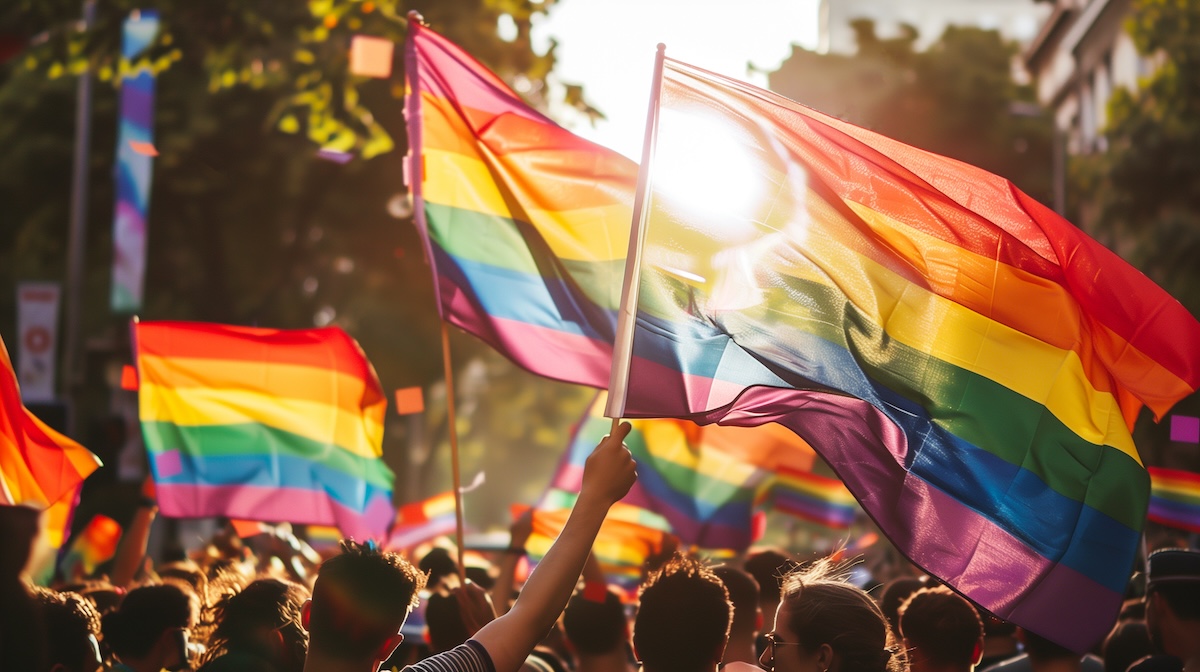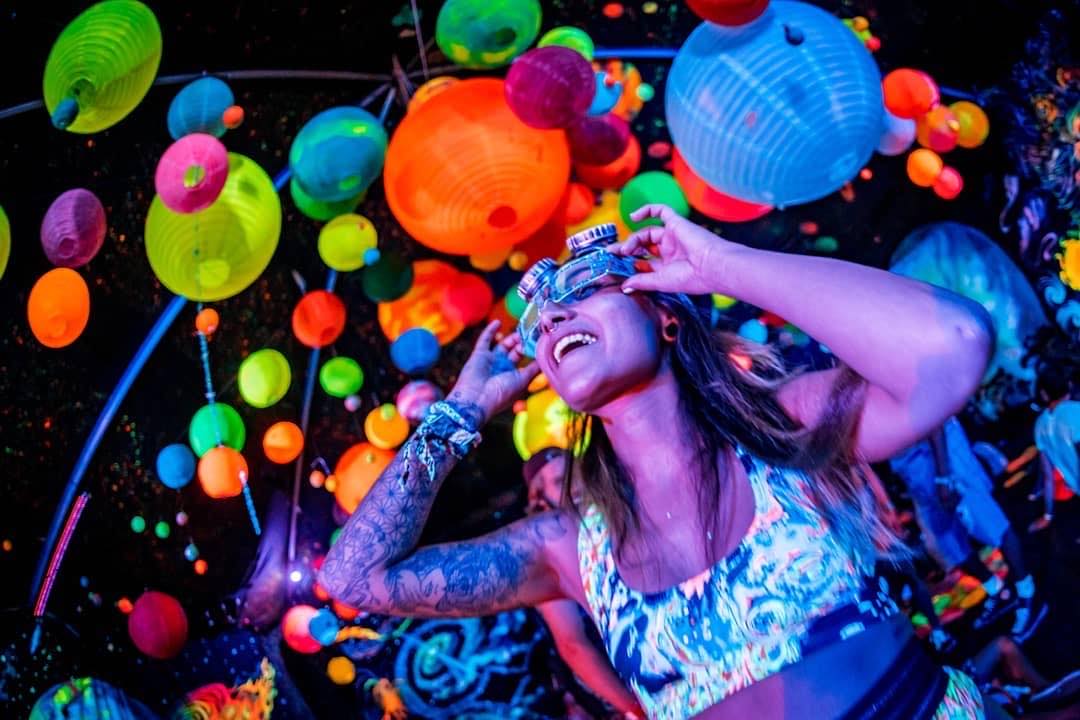I still remember the first time I heard Believe by Cher. I was freshly arrived in the U.S. from México, barely 13 or 14 years old, trying to make sense of a new world, a new language, a new life. I had no idea who Cher was—hell, I didn’t even understand the words she was singing. But there was something about that song, her voice, the energy of the music that drew me in instantly.
That song became my anchor. I played it over and over, feeling its power long before I could translate the lyrics. Eventually, my obsession grew, and Cher’s Believe became the first CD I ever bought with my own money, saved up from my parents’ weekly allowance—my domingo. I can still picture myself walking into Crawford Market in El Monte, pulling out that cash, and picking up that CD, staring at her face on the cover. Maybe I didn’t know it at the time, but this was more than just a casual fandom—it was the beginning of a lifelong connection to pop divas, and it put me on a path shared by countless gay men around the world.
But if Believe was my first spark, Beautiful by Christina Aguilera was the song that changed my life.
I remember watching the music video on MTV and seeing, for the very first time, two men kissing on television. I had never seen anything like that before—it was raw, vulnerable, and incredibly validating. It was a moment of clarity. I sat there, eyes glued to the screen, as Christina’s voice echoed: I am beautiful no matter what they say… and I felt something crack open inside me. For the first time, I saw a version of myself reflected in mainstream media.
That song gave me the courage to come out. It became my personal anthem, the song I turned to when I finally sat down with my family and told them the truth about who I was. Even now, all these years later, Beautiful still makes me cry. It still holds that same power, reminding me of the moment I took control of my identity and refused to let anyone tell me I was anything less than enough.
This relationship—between gay men and the larger-than-life women of pop—is a phenomenon that transcends generations and cultures. From Cher to Madonna, Britney to Beyoncé, Kylie Minogue to Chappell Roan, pop divas and the queer community are inseparable. But why? Why do gay men worship pop divas, and why do these women, in turn, rely on the devotion of queer fans to sustain their careers?
It’s not just about catchy songs. This bond is rooted in identity, resilience, and the power of transformation.
The Diva as a Symbol of Survival
Growing up gay—especially in a conservative or patriarchal society—often means learning to adapt, perform, and survive. Many of us are forced to find ways to escape or carve out our own spaces of joy, long before we even understand who we truly are.
A study by Michael Trerotola (TCNJ Journal of Student Scholarship, 2023) dives deep into why gay men are drawn to divas like Cher. He argues that pop divas represent survival and reinvention—qualities that resonate deeply with gay men. Many of these women, like Cher, Madonna, or Lady Gaga, have had to fight through adversity, sexism, and media scrutiny to remain relevant and powerful. Their constant reinvention mirrors the experience of many queer people who must adapt and redefine themselves to thrive (Trerotola, 2023).
Similarly, research by Ramzi Bou Moughalabie (Female Pop Diva Adoration: Fandom in the Gay Community, 2020) found that millennial gay men—both in the West and in more conservative societies like Lebanon—turn to pop music as a means of escape. Many of them, especially those raised in patriarchal environments, felt an immediate kinship with female pop stars because they saw them as powerful figures overcoming oppression (Bou Moughalabie, 2020). In other words, we don’t just listen to divas; we see ourselves in them.
Camp, Excess, and the Art of Reinvention
Part of what makes pop divas so captivating is their ability to embrace camp—a uniquely queer aesthetic that celebrates excess, artifice, and theatricality. Susan Sontag famously described camp as “love for the unnatural: of artifice and exaggeration.” It’s why Madonna’s cone bra, Lady Gaga’s meat dress, and Cher’s outlandish wigs feel more like cultural moments than mere fashion choices.
Gay men have historically been drawn to camp because it challenges rigid norms of masculinity and femininity. It’s flamboyant, rebellious, and unapologetic—everything queer people are often told not to be. Bou Moughalabie’s research found that many gay men specifically adored pop divas because of their camp qualities. Whether through elaborate music videos, over-the-top performances, or drag-friendly anthems, these women offer queer fans a blueprint for self-expression.
Drag culture plays a major role here. As Bou Moughalabie’s interviews with drag performers highlight, many drag queens find their biggest inspiration in pop divas, using their music, fashion, and performances as direct templates for their own art. The line between pop diva and drag queen is often blurred—just look at RuPaul, who has seamlessly embodied both roles (Bou Moughalabie, 2020).
Gay Men Keep Divas Relevant
While gay men adore pop divas, it’s equally true that pop divas owe much of their success to their queer fans.
Historically, it has been LGBTQ+ communities that have kept many divas’ careers alive, even when mainstream audiences moved on. Madonna’s Erotica was trashed by critics when it was first released, but gay men never abandoned her. Kylie Minogue was written off in the U.S. until gay clubs made Can’t Get You Out of My Head a dance-floor staple (Box, 2019).
And look at the newest queer pop obsession—Chappell Roan. Her rise has been fueled almost entirely by LGBTQ+ fans who recognize her potential as the next great diva. Her flamboyant costumes, bold performances, and unapologetically queer-friendly lyrics make her feel like a natural successor in the diva lineage (Andika, 2023).
Simply put, without gay men, pop divas wouldn’t have the same level of cultural impact. We don’t just consume their music—we elevate it, reimagine it, and immortalize it.
Final Thoughts: Why It Still Matters
For me, Believe by Cher will always represent that first spark—the moment when I realized that music could be more than just sound. And Beautiful by Christina Aguilera? That song was my coming out. It was the moment I realized I didn’t have to hide anymore. It was the first time I saw a version of myself on TV and thought, Maybe I really am beautiful, just as I am.
And as long as there are gay men looking for a beacon in the chaos, there will always be a diva, standing under the spotlight, singing our hearts back to life.
Enhanced with AI











What do you think?
Show comments / Leave a comment